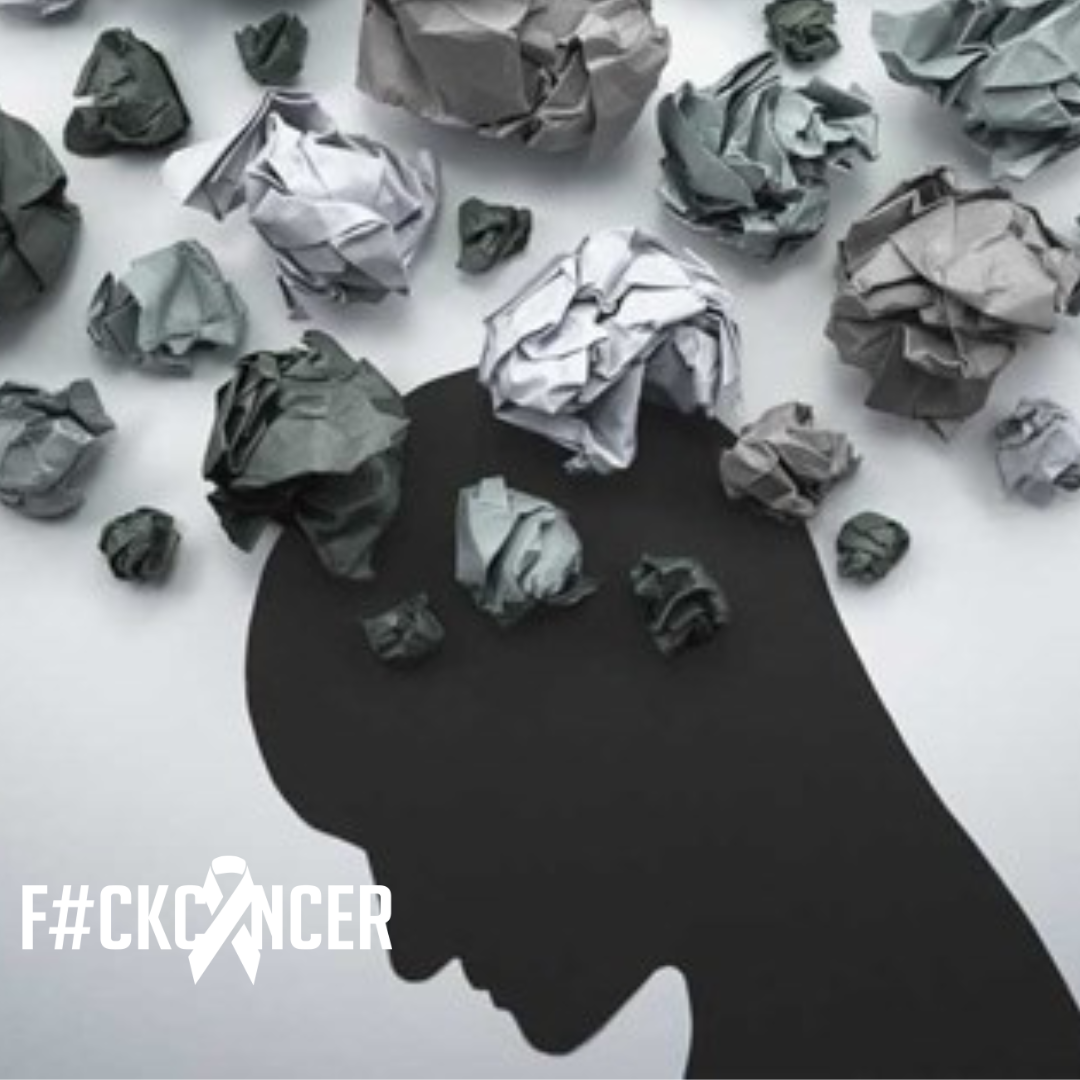In a time like the present, its easy to feel stressed, isolated or alone. For the past two years we have all succumbed to the new ‘way of life’ that Covid19 and some isolating restrictions had enforced upon us. While we continue to move forward along side the ever evolving world, it can be hard for those dealing with external pressures, and more so – the internal ones such as Cancer.
A cancer diagnosis impacts your life dramatically, it can feel like the whole world is caving in. From the initial doctors appointment and hearing those words ‘You have cancer’. Its been described as ‘feeling numb’, some experience weak knees or completely tune out after hearing those words, as the stress just blinds all else around them in that moment.
For some of those dealing with Cancer its not them that they worry about, its their family, friends, jobs, money – they worry about everything and everyone. Telling their children that they have cancer, that ‘mum is sick, but she will be OK’, all the while not knowing what your outcome will be. Some choose to hide it from the world, as to not impose ‘their issues’ onto others.
Every Doctor appointment, check ups, and going in for surgeries are added stresses. ‘Scanxiety’, as its known as in the Cancer circles – is a real thing! The anxiety of not knowing if treatment is working, if the cancer is back, the prognosis.
A cancer diagnosis can affect the emotional health of patients, but also their families, and friends. Anxiety and depression are common feelings after diagnosis and treatment for cancer.
Signs of anxiety can include:
- constantly feeling agitated or angry
- having difficulty sleeping
- having difficulty concentrating or making decisions
- avoiding distressing issues and situations
- feeling a constant need for reassurance.
Signs of depression can include:
- always feeling low or flat
- losing interest in things that used to be enjoyable
- having difficulty sleeping
- losing your appetite (although this may also be a side effect of treatment).
It's normal to feel sadness and grief. Dreams, plans, and the future may seem uncertain, which can lead to depression and anxiety amongst patients and carers alike.
Depression can make it harder to deal with physical symptoms and to cope with cancer. Some people avoid talking about their emotional concerns or seeking help because they feel they should be coping or they don’t want to be a burden to others. Others are encouraged by those around them to be strong and positive, which can make it hard to ask for help.
It is important for patients and their families to know that there is help that can be provided to them while going through their cancer diagnosis and ongoing there after, in way of Hospital Social Workers or psychologists, Cancer Council organisation, reaching out to Suicide helplines or having conversation with friends and families about what you are feeling.
It is completely normal to feel ‘a burden’, while you undergo treatment, its felt by nearly all cancer patients. Feeling as though you are putting your families and friends through the ringer with the support, they are offering to you. For those who don’t have family and friends they can lean on the burden turns to depression, and the feeling of loneliness and despair can feel too much to bear at times.
The depression doesn’t stop once your cancer is gone. ‘Survivors guilt’ is felt by many patients who successfully beat their cancer, while many others do not. It can feel like an unfair win and can mentally affect those patients. It can also not feel like a win at all, with the constant check-ups and ‘scanxiety’, awaiting those results to see if the cancer has returned. The pressure of this can feel too much for some. Studies show men are at higher risk of suicide after a cancer diagnosis, especially single, separated, widowed, or those vulnerable, lonely men with pre-existing depression or suicidal ideation.
Some people also worry about how their body changes during, or after cancer, will impact on relationships with others, especially intimate relationships. A change in body image may not affect your ability to have sex but it may make you feel less sexual.
These feelings are common. It may help to talk about how you feel with your partner or other people who have had cancer.
People with depression usually benefit from specialized treatment. For people with moderate or severe depression, a mix of psychological treatment and medication is often the most effective approach. For some people with mild depression, talking with a mental health professional may be enough to relieve depressive symptoms.
Some people who are having trouble coping don’t necessarily want to seek professional help. However, talking to a health professional about how you are feeling doesn’t mean you are ‘crazy’ or weak. It’s normal — just like it’s normal to seek professional help for an injury or pain.
Some people find that after talking with their doctor they feel they can manage on their own or with their family’s support — and that’s fine too. Others find it helpful to talk to someone who has been through a similar situation, for example through a support group.
Should you feel that you need to talk to somebody, please reach out, It’s okay not to be okay during your cancer journey.
Lifeline 131114 Sms: 0477 131 114
Cancer Council 13 11 20
Beyond Blue 1300 22 4636
